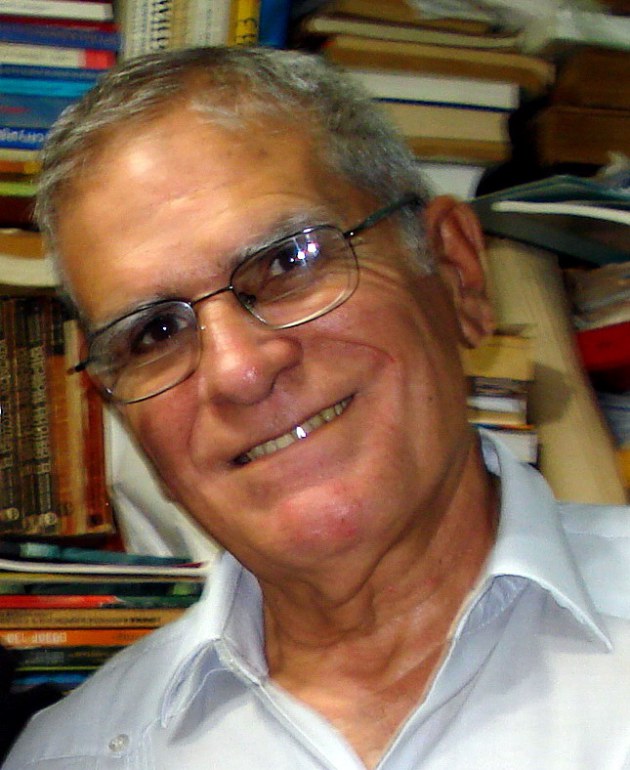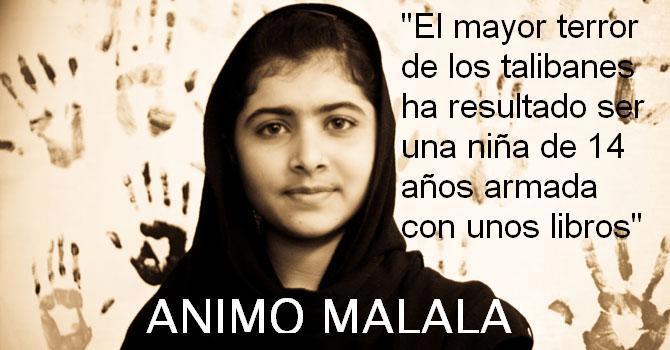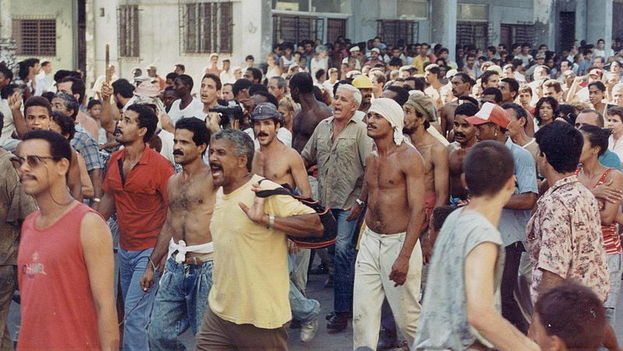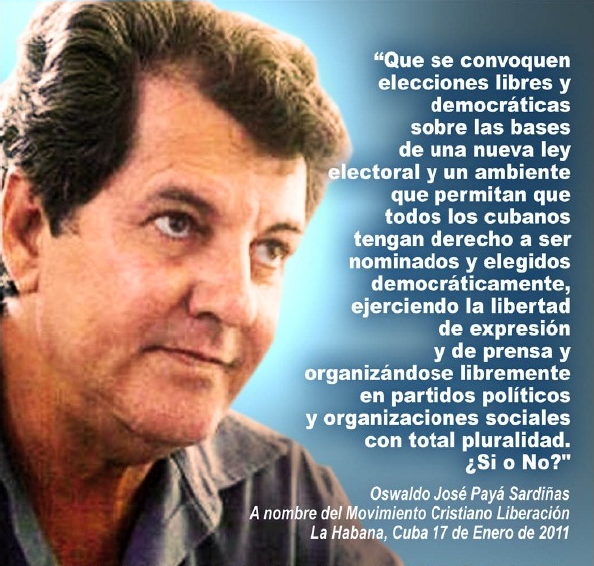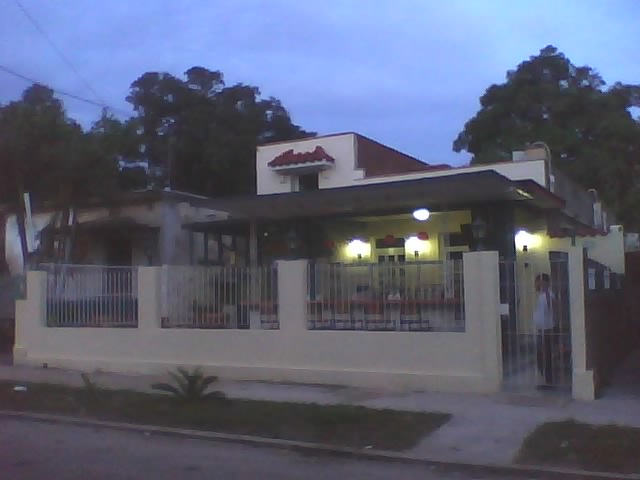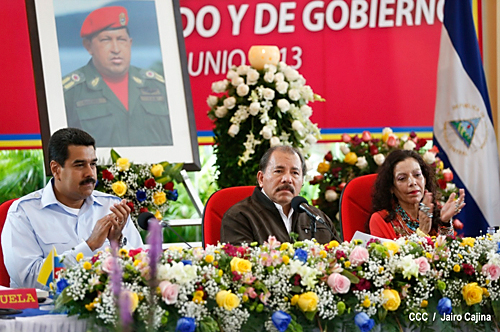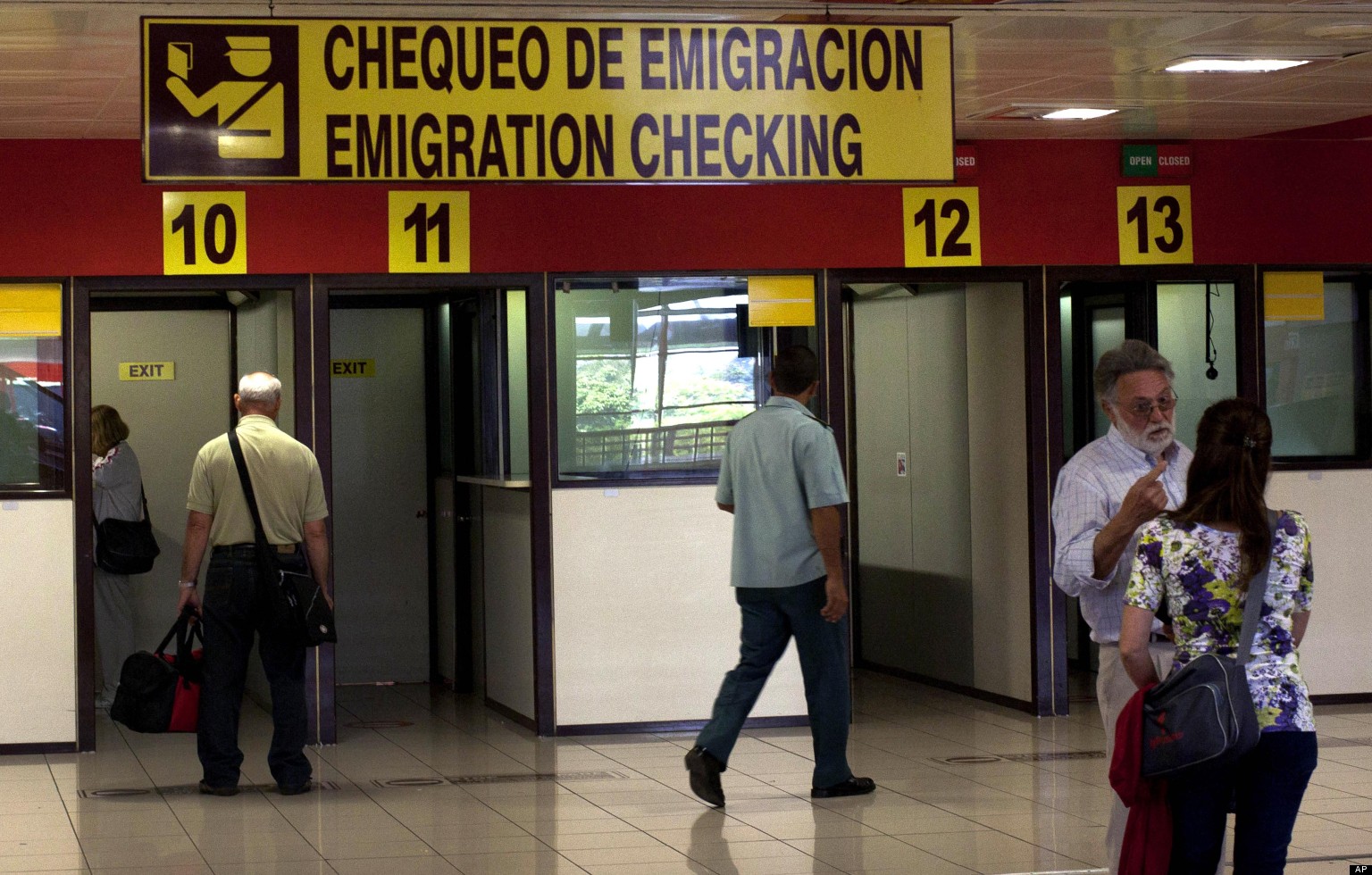Every other night between 8:00 and 10:00 the zone where I live “has its turn” at the water, and when it runs for a while, my block shows itself off like a shiny glass mirror. It is because the conducting pipe from the aqueduct “comes out” in that section — and in many others in different blocks, neighborhoods and municipalities — and in the absence of street cleaner cars, which have not been seen in years in Havana neighborhoods, we are left the impotent alternative of watching as the water leaks out cleaning and polishing my asphalt artery under the opaque light of an ephemeral Chinese fixture.
In Vibora it is now tradition that each time it rains the roadways flood and the neighbors and pedestrians feel like wrecks adrift on the water and waste, because they do not sweep the streets and the trash from the containers that they begrudgingly pick up are dragged to the nearest drainage and clog them. After the downpour passes, it is common to see much filth trapped by the tires of parked cars on the side of the street and much filth and various objects — buoyant or not — change places because of the waters.
It is ironic to sit in front of the television and see spots directed at citizens that speak of hygienic-sanitary measures and encourage the saving of the vital liquid in our homes, which seems fine to me. ”Drop by drop water is depleted,” says one of these. We all know the importance of this liquid for satisfying fundamental human needs, and industrial activities and very necessary energy resources depend on it.
Nevertheless, the vital liquid that we consume domestically is contaminated with waste water due to the quantity of broken pipes and drains that exist and that are the result of years of negligence. In the same way, while in many places in Havana the leaks are public, in others they have not had running water for years, months or days because of the poor organization and distribution of the supply and because the aqueduct networks are too old. Almost all date to before 1959, so that in more than 54 years there has not existed the political will to solve this paramount subject for the people.
When a pipe breaks in the street and the neighbors call the state entity “Havana Water,” their plumbers show up as if they were tire patchers, armed with pieces of tubeless tires for wrapping the pipe and solving the problem as if it were a flat tire.
Maybe some think that I should be happy because my block is bathed on alternate days but there are so many places in our country and in the Cuban capital that lack that valuable liquid, that I cannot help but think of the cleanliness that many public offices in Cuba also need, whose bureaucrats do not stay in them because of their efficient management or for the service they offer the people who supposedly elected them, but because of their unconditional adherence to a contaminated regime of administrative inefficiencies and sewer politics for decades.
Translated by mlk
28 September 2013


